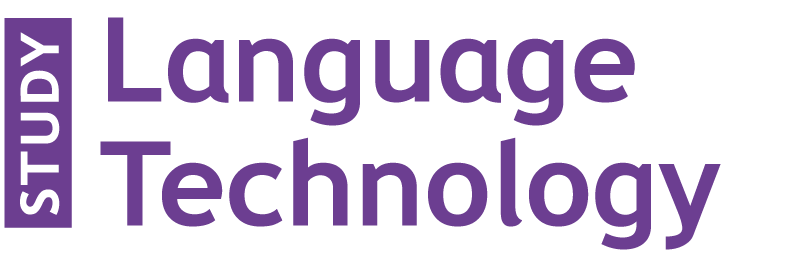
In today's world, the way we interact with computers or mobile devices is becoming the social norm.
We talk to our devices; use them to interpret commands and respond to our queries via voice and text. Think of how you might type a question into a search engine in the same way you'd ask a friend a question. Or, if you use a virtual assistant like Siri or Google Assistant, how you'd give an order or ask "them" a question.
These are all ways in which we use our natural language to interact with technology to ultimately enable better communication and improve the functionality of everyday life.
Download BrochureCome visit us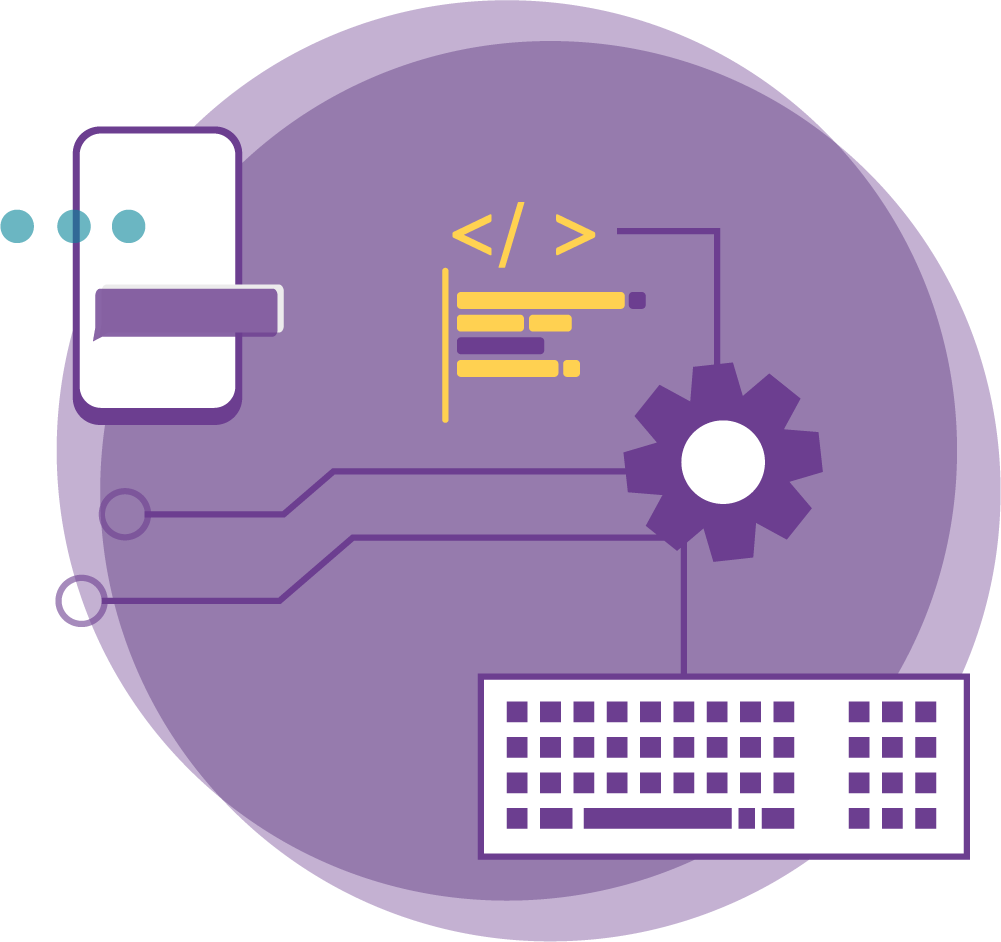
WHAT IS
LANGUAGE TECHNOLOGY?
![]()
Language Technology is about teaching computers how to understand the complexities of human language.
![]()
You will find a combination of various fields within this course: linguistics, computer science, natural language processing, maths, and statistics.
![]()
It is a rapidly changing and developing field that we apply in most of our interactions with computers.
Studying
Language Technology
at the NWU
CLASS OF 2025 | IS THIS YOU?
Find out how we program machines to understand our language.

BA Language Technology
ADMISSION REQUIREMENTS
Final
Pass rate in Gr.12
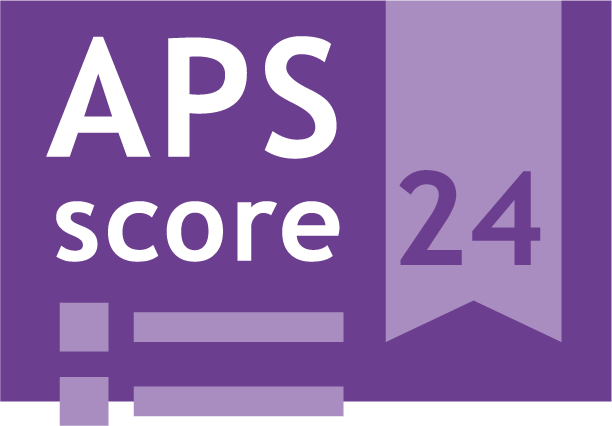
Calculate your APS score here >
3-year Degree
NQF Level 7
Location
NWU | Potchefstroom Campus
Maths *
Minimum marks required:

* No applications with Math Lit will be approved.
IT, Science, or Accounting
Minimum marks required:

You will have Algebra, Calculus, Statistics, and Computer Science subjects - All of which have a prerequisite of Maths.
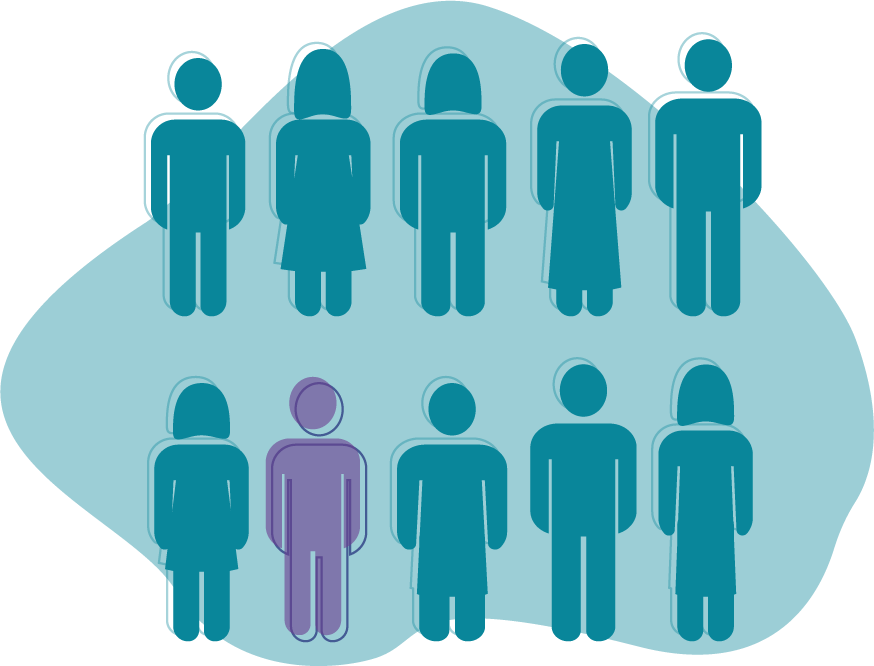
Become an expert in your field
Be 1 of 10 students!
We accept a maximum of 10 students for this specialised degree. To make sure you tick all the boxes or come see what a computational linguist does, get in touch with us:
Book an AppointmentWhat you'll learn
Within this course, you will learn how to develop and research language resources and tools. These allow computers to interpret and correctly connect the meaning behind our human language. You'll gain insight into this by using the various subjects of computer science, maths, statistics, and languages.
Get taught by our researchers within the field of Human Language Technology who work with real-world problems within the South African context and create and define applied solutions.
FIRST YEAR
In your first year, be introduced to the basic concepts of language technology. As well as learning programming languages Python and C++, with the fundamentals of Algebra, Calculus, and Statistics.
You'll also focus on two main languages to understand linguistics – the what and the why of how language is built.
First Semester
MTHS111
Introductory Algebra & Calculus
STTN115
Descriptive Statistics & Inferences
CMPG111
Python - Introduction to Computing & Programming
Choice of [2] languages
Afrikaans, English, Setswana, French and or German
Second Semester
CMPG121
C++ - Structured Programming
TTEG122
Descriptive Statistics & Inferences
STTN125
Introductory Probability Theory
ALDA122 / ALDE122
Academic Literacy
Continue chosen [2] languages
Afrikaans, English, Setswana, French and or German
SECOND YEAR
By the end of your second year, you will be able to do systems analysis and design and use the programming language, Java, within Computer science. Insight into the application of Language Technology will be given within the areas of Natural Language Processing (NLP), analysis of data, speech analysis, and more.
First Semester
CMPG213
Systems Analysis & Design 1
CMPG211
JAVA – Object oriented Programming
Choice of [2] languages
Afrikaans, English, Setswana, French and or German
Second Semester
TTEG222
C++ - Structured Programming
TTEG122
Language Technology Application: Introduction
WVCS223
Understanding Cultural World
Continue chosen [2] languages
Afrikaans, English, Setswana, French and or German
THIRD YEAR
Almost a fully-fledged computational linguist, you'll be able to design and develop language technology applications. Machine learning and artificial intelligence are fields you will apply in your work. Now go program machines to understand our human language! Or apply for our Honours degree in Language Technology or Linguistics after successfully completing your degree.
First Semester
TTEG312
Natural Language Processing: Introduction
WVLS312
Philosophy of Language & Literature
Choice of [2] languages
Afrikaans, English, Setswana, French and or German
Second Semester
TTEG322
Language Technology Application: Advanced
Continue chosen [2] languages
Afrikaans, English, Setswana, French and or German
APPLICATIONS OF HLT -
HUMAN LANGUAGE TECHNOLOGY
Search Engine
Technology
Speech recognition technology:
i.e. Virtual Assistants
Speech synthesis:
Computer "reads" text to you
Optical Character Recognition,
i.e. scanning a page and
recognising handwritten text
Machine Translation
Programs
Spell checkers,
Grammar, and Thesaurus
Text Predictions, Autocomplete
& Autocorrect
Automatic captioning:
i.e. Instagram stories or YouTube
Conversational User Interface:
Chatbots
Career
Career Choices
With the skills you've gained, you'll be able to analyse the needs, develop a solution and improve on the current state of the art in Language Technology. You will also gain an advanced understanding of the socio-economic implications of multilingualism in South Africa.
The skills learned in this course will provide you with the right tools to analyse and synthesise information related to programming and human languages.
Such education is crucial, especially with globalisation, where multilingual communication is a necessity.
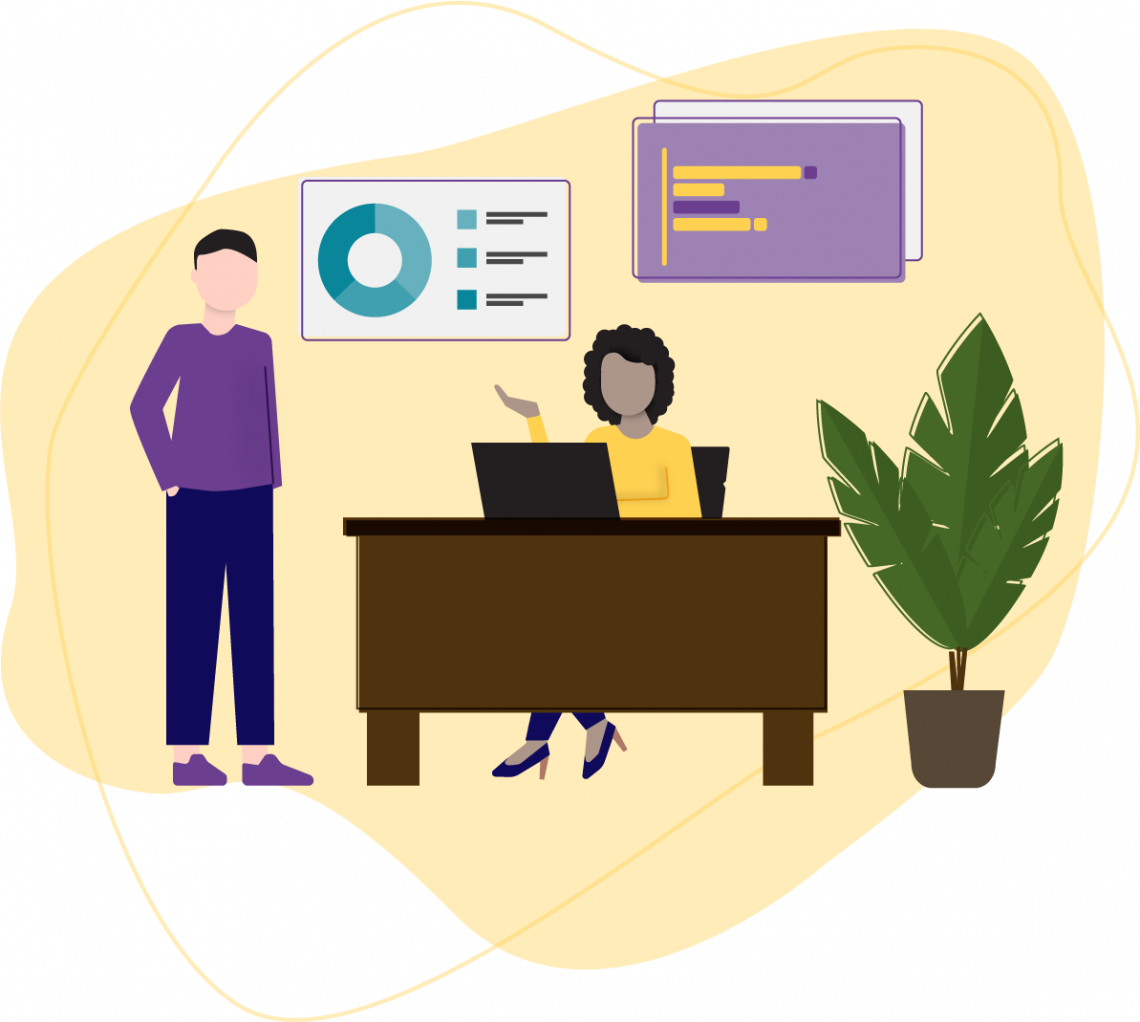
Job Titles
Job Titles
Wondering what you'll be able to become after obtaining a degree in BA Language Technology?
Computational Linguist
Data Scientist or Data engineer
Data Analyst
Natural Language Processing Specialist,
Researcher in HLT, Linguistics and NLP (natural language processing)
General Computer Programmer*
This will depend on the computer science subject taken and should be discussed with a subject advisor when registering.
HLT in SA
Language Technology in South Africa
The North-West University's (NWU) CTexT (Centre for Text Technology) is a leader in the field of language technology within the South African context. We don't just focus on one language in this degree but on a multilingual setup where we use insights from all the official languages of South Africa during development.
For our languages to continue to grow, we need the right people to build and research techniques that will help us communicate better with each other. You can become a part of the team that makes this happen.
